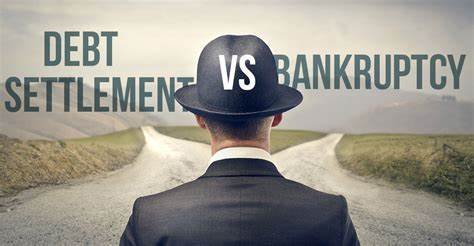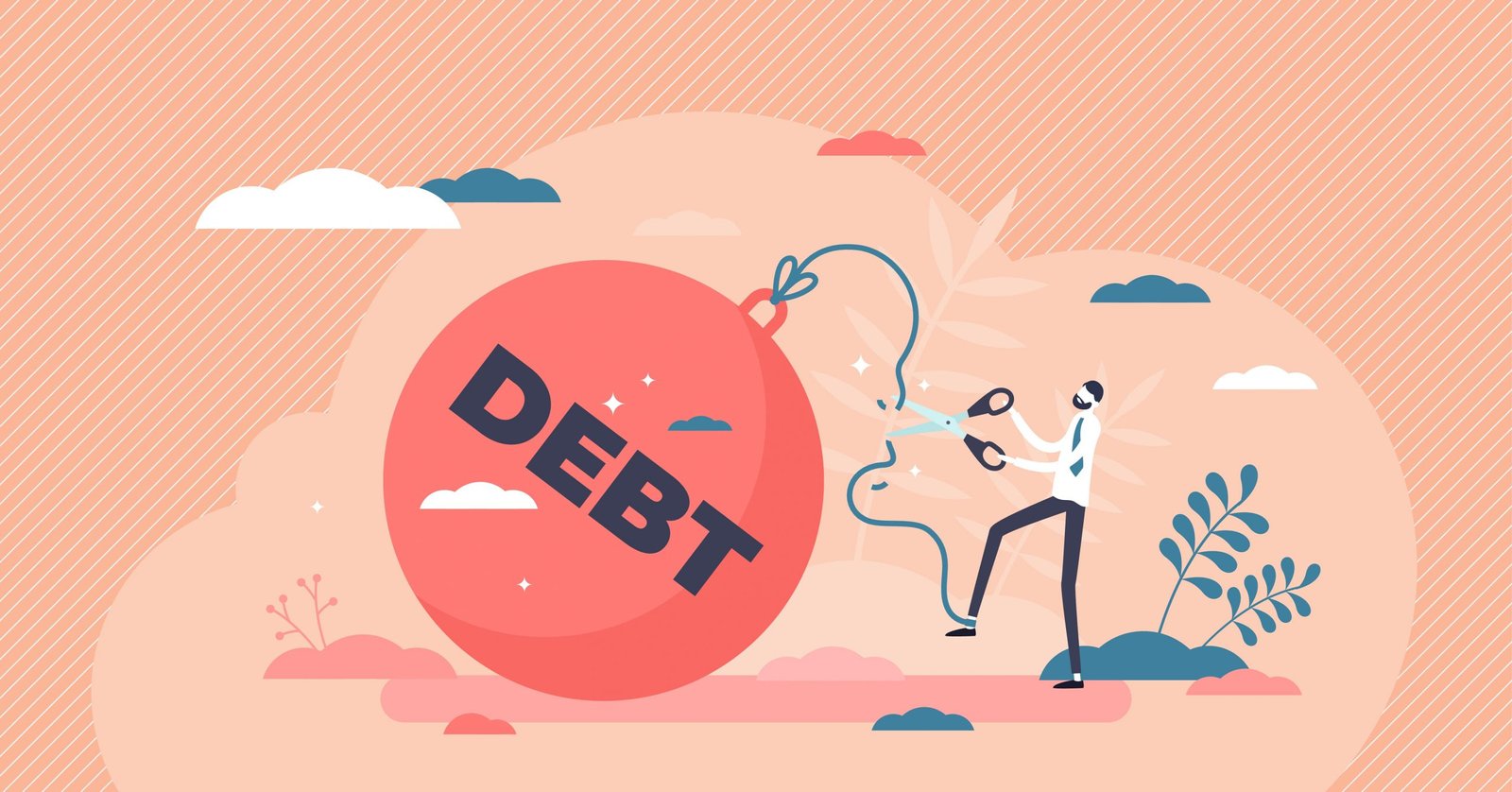When facing overwhelming debt, it’s essential to consider all available options. Debt settlement and bankruptcy are two common approaches to tackling unmanageable debt, but each comes with unique benefits and drawbacks. This article compares debt settlement and bankruptcy, helping you determine which is better suited to your financial needs.
What Is Debt Settlement?
Debt settlement involves negotiating with creditors to reduce the total amount you owe. Typically, you or a settlement company offers a lump sum payment that is less than the full balance. Creditors agree to this reduced payment to recover part of their money rather than risk getting nothing.
Benefits of Debt Settlement
- Reduces Total Debt: You pay less than the full amount owed.
- Avoids Bankruptcy: It can help you sidestep the stigma and legal complexities of bankruptcy.
- Flexibility: You have more control over the negotiation process.
Drawbacks of Debt Settlement
- Impact on Credit Score: Debt settlement can significantly lower your credit score.
- Not Guaranteed: Creditors may refuse to negotiate.
- Tax Implications: The forgiven portion of your debt may be taxable as income.
- Fees: Debt settlement companies often charge high fees for their services.

What Is Bankruptcy?
Bankruptcy is a legal process that helps individuals or businesses eliminate or restructure their debts. There are two primary types of personal bankruptcy:
- Chapter 7 Bankruptcy: Liquidates assets to repay creditors, often discharging remaining debts.
- Chapter 13 Bankruptcy: Creates a repayment plan to pay debts over three to five years.
Benefits of Bankruptcy
- Legal Protection: Bankruptcy halts creditor harassment, wage garnishment, and lawsuits through an automatic stay.
- Debt Discharge: Chapter 7 can erase most unsecured debts, while Chapter 13 allows repayment with a fresh start.
- Definite Resolution: Bankruptcy provides a structured process with clear outcomes.
Drawbacks of Bankruptcy
- Credit Score Damage: Bankruptcy remains on your credit report for 7-10 years, severely impacting your score.
- Loss of Assets: Chapter 7 may require selling assets to pay creditors.
- Costly Process: Bankruptcy involves legal fees and court costs.
- Public Record: Bankruptcy filings are public, which can feel invasive.
Comparing Debt Settlement and Bankruptcy
| Feature | Debt Settlement | Bankruptcy |
|---|---|---|
| Debt Reduction | Partial reduction through negotiation | Total or partial discharge depending on type |
| Credit Score Impact | Significant damage but less than bankruptcy | Severe and long-lasting damage |
| Cost | Fees for settlement companies and taxes | Legal fees, court costs |
| Timeframe | Varies (months to years) | Chapter 7: Few months; Chapter 13: 3-5 years |
| Asset Protection | Retain assets unless negotiated otherwise | Chapter 7: Potential loss of assets |
| Legal Process | No formal legal process | Court-supervised legal process |
| Eligibility | No strict income requirements | Income limits for Chapter 7; structured plan for Chapter 13 |
Which Option Is Better for You?
When to Choose Debt Settlement
- You have a lump sum available to negotiate with creditors.
- You want to avoid the long-term consequences of bankruptcy.
- You prefer a non-legal process and can manage negotiations or afford settlement fees.
When to Choose Bankruptcy
- You have significant debt that cannot be managed with negotiations.
- You’re facing lawsuits, wage garnishment, or foreclosure.
- You need immediate relief from creditors through legal protection.
Alternatives to Consider
- Debt Consolidation: Combine debts into one manageable payment.
- Credit Counseling: Work with a professional to create a debt management plan.
- Budgeting and Financial Planning: Address spending habits and allocate funds toward debt repayment.
Tips for Making the Decision
- Consult a Professional: Speak with a credit counselor, financial advisor, or bankruptcy attorney.
- Assess Your Finances: Calculate your total debt, income, and expenses to understand your situation.
- Weigh Long-Term Effects: Consider how each option will impact your financial future.
Conclusion
Debt settlement and bankruptcy are both viable options for overcoming financial difficulties, but the right choice depends on your unique circumstances. While debt settlement may help you negotiate a lower repayment, bankruptcy provides a more definitive legal resolution. Understanding the pros and cons of each option is essential to making an informed decision. Take the time to evaluate your needs, consult professionals, and choose the path that aligns with your financial goals.











One thought on “Debt Settlement vs. Bankruptcy: Which Is Better for You?”
Comments are closed.